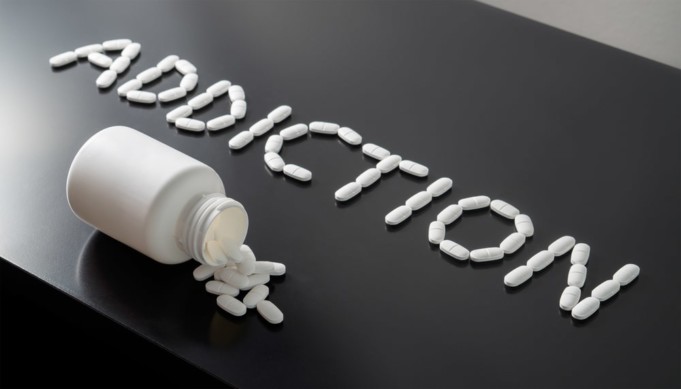Stimulants, also known as amphetamines, can change the way your brain works, which can affect everything from your behaviors to your moods. Even your personality may change with stimulant use, which can make it challenging for you to create or maintain your friendships and relationships.
Stimulants are typically used to treat ADHD, but may also help individuals with narcolepsy and other sleep disorders. These drugs can have either calming or energizing effects, depending on the issue they treat. But, they can also turn addictive, especially in long-term users. Here’s how to know if you have an addiction and what to do about it:
What are the Signs of a Stimulant Addiction?
Since stimulants can change the way the brain functions, it’s entirely possible – and even common – to become addicted to them. Long-term use can cause the brain to crave more of a stimulant than it once needed to achieve the same effects, which can cause your body to develop both a physical and psychological addiction to the medication.
Some stimulants are more addictive than others, with cocaine and Adderall being among the top five most addicting.
It’s important to know the signs of an addiction so that you can get help quickly. One of the first things you’ll usually notice is the feeling of relying on your medication to feel “normal.” You may start experiencing physical or mental symptoms not long after your stimulant wears off, leaving you with a feeling of needing more. Some stimulant addiction symptoms to look for include:
- A feeling of restlessness, sleeplessness, or hyperactivity
- Nausea, loss of appetite, and related weight loss
- Uncontrollable sweating
- Increased blood pressure and a fast or irregular heartbeat
- Chest pain
- Dilated pupils
- Aggressiveness
- Increased or decreased libido, or a change in sexual behaviors
- Paranoia and hallucinations
If you experience any of these symptoms, it’s important to talk to your doctor right away.
What Type of Help is Available?
Fortunately, there is plenty of help available to you if you believe you have a stimulant addiction. Here are a few of your options:
Detoxification
The detoxification process is the first step most people take toward recovery from any addiction. This process involves ridding the body of the stimulant, usually gradually. But, the amphetamine detox process can come with some intense withdrawal symptoms, like fatigue, depression, and even impaired cognitive abilities.
It’s a good idea to check with your doctor to learn about healthier alternatives to stimulants. A different medication may help you during the withdrawal process while reducing your chances of developing another addiction.
Individual Therapy
Individual therapy is a good choice for people who don’t feel comfortable talking about their addiction in front of family and friends. You might get more out of therapy sessions talking with an unbiased person who can give you helpful tips to set your mind on the right path toward recovery. Individual therapy is usually used in conjunction with detoxification and with oversight from your doctor.
Family or Group Therapy
 You might also consider group therapy, in which you’d speak with a therapist along with other individuals going through a similar addiction. This type of therapy offers a lot of support and solace in knowing that you aren’t alone in your struggle.
You might also consider group therapy, in which you’d speak with a therapist along with other individuals going through a similar addiction. This type of therapy offers a lot of support and solace in knowing that you aren’t alone in your struggle.
Family therapy will involve your closest family members, like your parents or siblings, who can become your support system throughout recovery. The therapist will work with all of you to develop a beneficial plan to set you on the right path.
12-Step Program
Many substance abusers benefit from a 12-step program, which can help individuals meet small goals that eventually help them overcome their addiction. The programs are usually anonymous and will include a group of others struggling with addiction, offering an excellent support system for you to aid your recovery.
Follow-Up Care for Long-Term Recovery
After any type of addiction treatment, your follow-up care can ensure your long-term success. A follow-up recovery plan usually involves support groups, continued counseling, exercise routines, or even meditation practices to reset your mind and body.
You’ll learn to cope with stimulant cravings and the triggers that cause them. Your long-term recovery plan should include a strong support system and a doctor that you trust.












